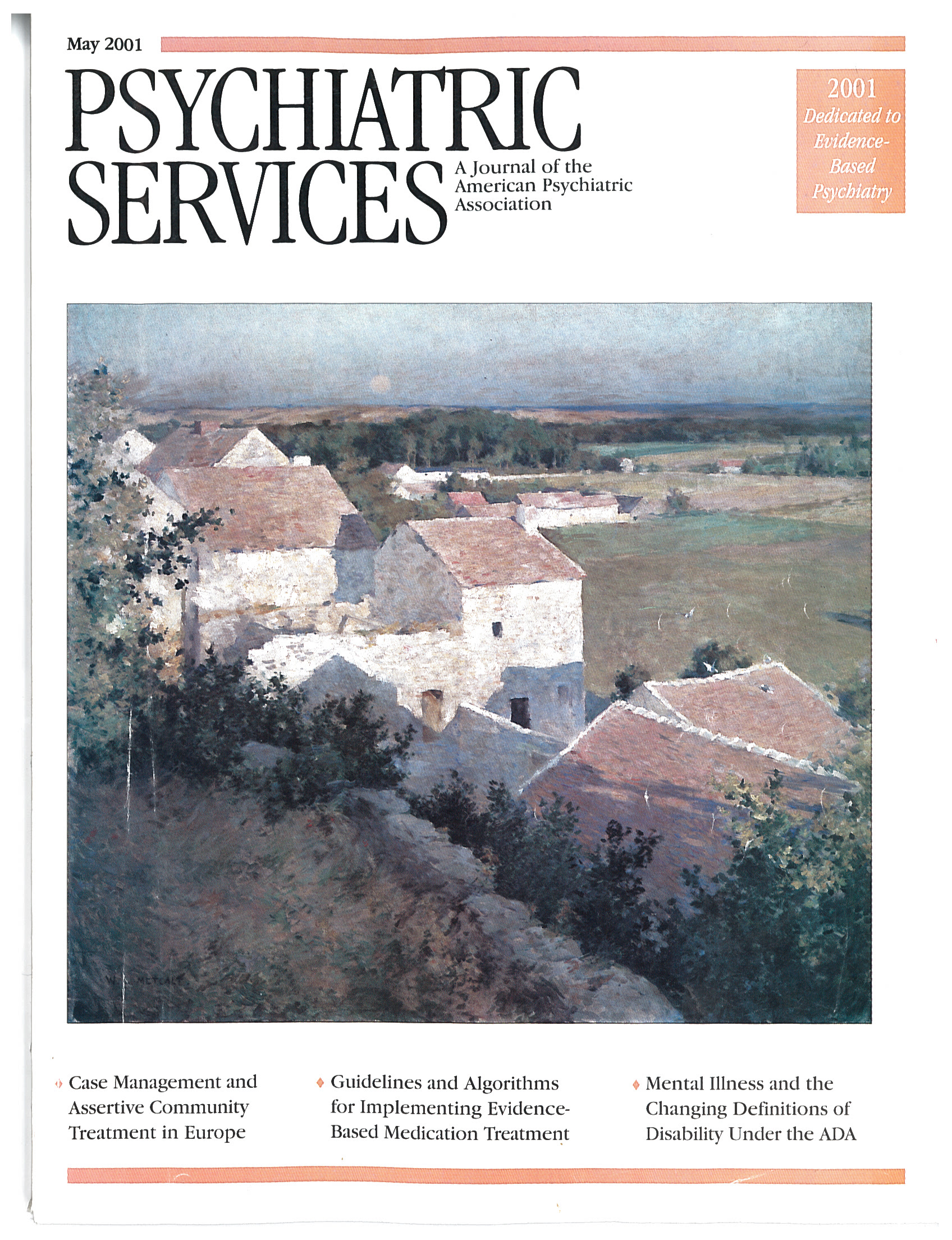The Prevalence of Religious Coping Among Persons With Persistent Mental Illness
Abstract
OBJECTIVE: The purpose of this study was to examine the prevalence of religious coping among persons with persistent mental illness and to gain a preliminary understanding of the relationship between religious coping and symptom severity and overall functioning. METHODS: A total of 406 individuals who were diagnosed as having a mental illness and who were patients at one of 13 Los Angeles County mental health facilities completed a survey consisting of the Religious Coping Index, the Symptom Checklist 90-R (SCL-90), the Global Assessment of Functioning (GAF) scale, and a 48-item demographic questionnaire. RESULTS: More than 80 percent of the participants used religious beliefs or activities to cope with daily difficulties or frustrations. A majority of participants devoted as much as half of their total coping time to religious practices, with prayer being the most frequent activity. Specific religious coping strategies, such as prayer or reading the Bible, were associated with higher SCL-90 scores (indicating more severe symptoms), more reported frustration, and a lower GAF score (indicating greater impairment). The amount of time that participants devoted to religious coping was negatively related to reported levels of frustration and scores on the SCL-90 symptom subscales. CONCLUSIONS: The results of the study suggest that religious activities and beliefs may be particularly compelling for persons who are experiencing more severe symptoms, and increased religious activity may be associated with reduced symptoms. Religion may serve as a pervasive and potentially effective method of coping for persons with mental illness, thus warranting its integration into psychiatric and psychological practice.



